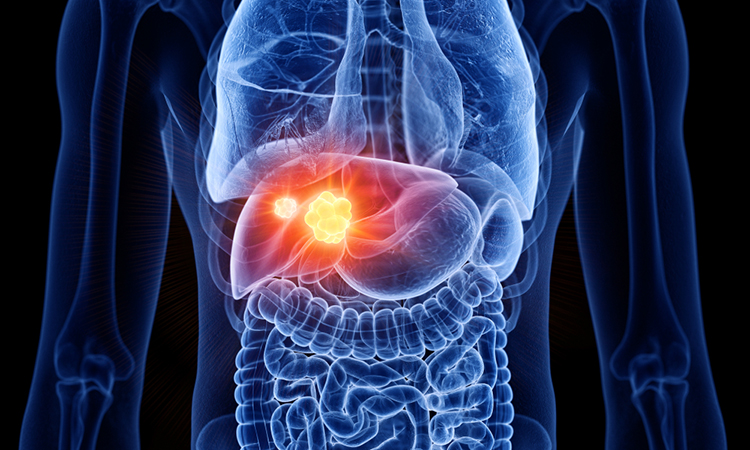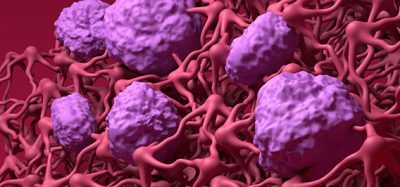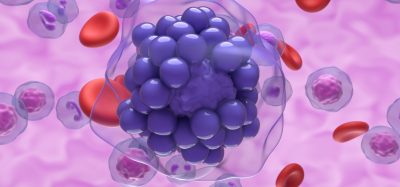Drug-loaded 3D printed films could revolutionise liver cancer treatment
Posted: 18 April 2024 | Drug Target Review | No comments yet
The new films killed over 80 percent of cancer cells, reduced recurrence rates and minimised undesirable chemotherapy side effects.


World-first research from the University of South Australia shows that drug-loaded 3D printed films could alter cancer treatments forever. The novel films were shown to kill over 80 percent of liver cancer cells and significantly reduce recurrence rates while minimising systematic toxicities of traditional chemotherapy.
The 3D printed films are developed from gels loaded with tailored doses anti-cancer drugs 5-fluorouracil (5FU) and cisplatin (Cis), and then placed at the exact surgical site where a cancer has been removed. This localises the drugs to the affected area to treat any residual cancer cells, and limit undesirable side effects of chemotherapy.
Having been initially designed as an adjuvant treatment for liver cancer, the precision-cut films also have the potential to treat many other cancers, including ovarian cancer and head and neck cancer, 5FU and Cis have already proven successful.
Liver cancer is the third highest cause of cancer death worldwide, with over 800,000 diagnoses each year. Dr Souha Youssef, UniSA researcher, commented that these films could revolutionise liver cancer treatment. “Despite medical strides, liver cancer remains a highly aggressive and deadly form of cancer with recurrence rates of up to 70 percent,” she said.
“The main treatment protocol requires the surgical removal of the tumour followed by chemotherapy, which while crucial to prevent relapse, is very challenging due to its debilitating side effects…There are striking statistics that show how many patients choose to discontinue treatment due to its aggressiveness and how it is affecting their quality of life.”
The researchers used state-of-the-art 3D printers to enable them to tailor treatment protocols for each patient. In-lab tests exerted a superior response rate in the treatment of liver cancer. Dr Sanjay Garg, senior researcher and co-director of UniSA’s Centre for Pharmaceutical Innovation, highlighted the requirement of a tailored approach to cancer treatment for improving patient outcomes.
“Due to the heterogeneous nature of cancer, a one-size-fits-all approach is no longer suitable,” he stated. “With a simple touch of a button, 3D printers enable endless opportunities to modulate drug release profiles, customise film geometry, and add or remove active ingredients based on individual needs…Our films also demonstrate controlled drug release lasting up to 23 days, ensuring sustained treatment benefits.”
Dr Garg added: “Importantly, the biodegradable nature of the films adds a significant advantage of eliminating the need for surgical removal post-treatment, making it a more convenient and patient-friendly option for liver cancer therapy.”
The research team will soon move into preclinical trials to establish a crucial correlation between tumour size and the optimal dosing and release profile.
This study was published in the International Journal of Pharmaceutics.
Related topics
Cancer research, Drug Delivery, Drug Development
Related conditions
Cancer Research, Liver cancer
Related organisations
University of South Australia








